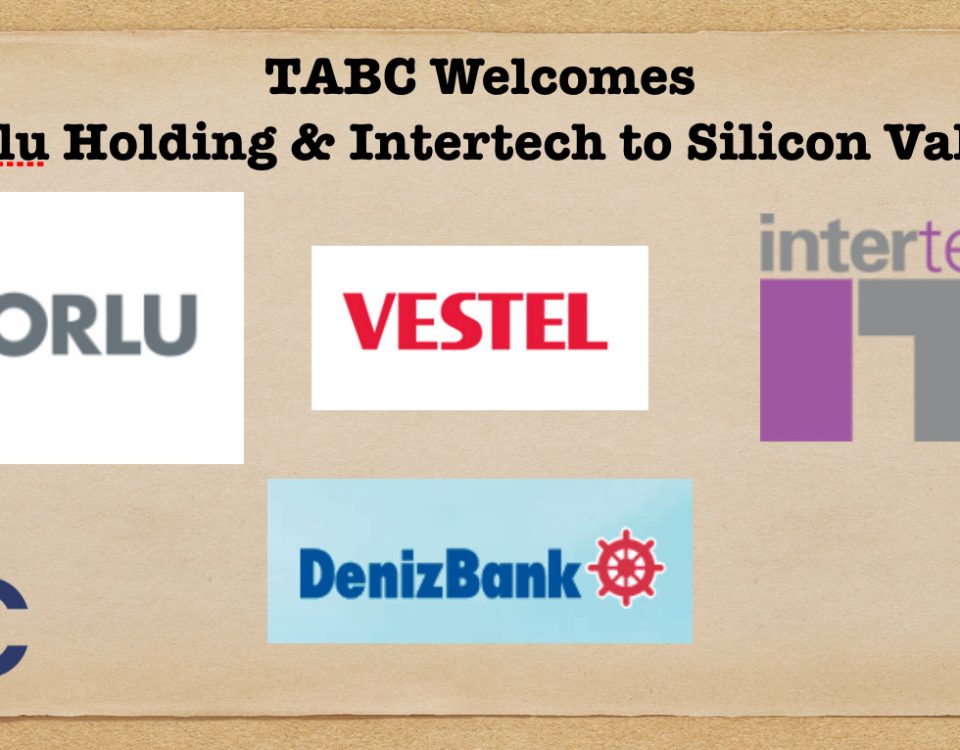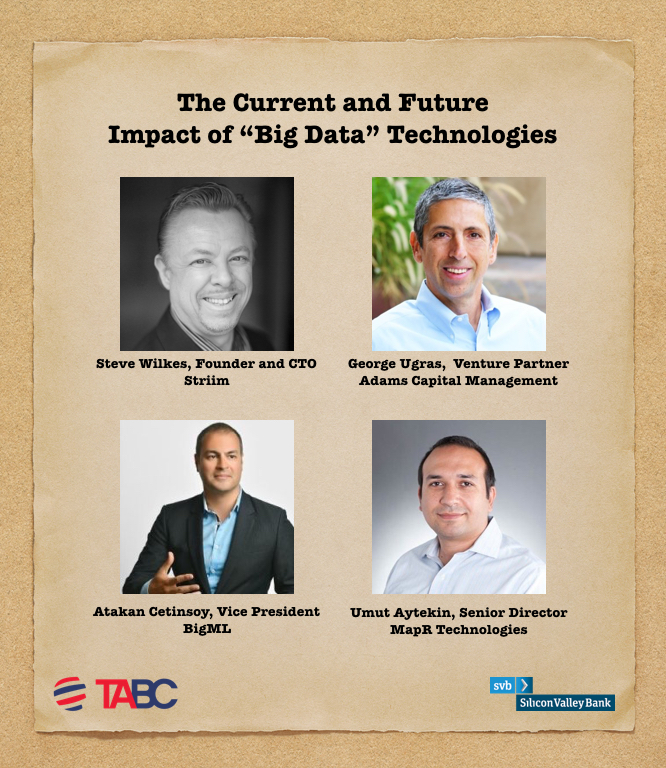
TABC is looking to expand its executive team
02/21/2014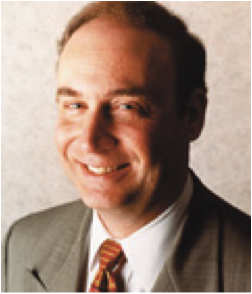
TABC invites you to an exclusive dinner with Dr. Izak Bencuya President and CEO of PeakWatt Solutions
03/11/2014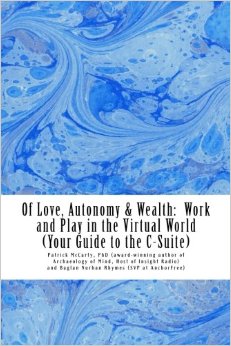
TABC Advisor Baglan Nurhan Rhymes has co-authored a book.
We are excited to announce that one of our TABC Advisors; Baglan Nurhan Rhymes has co-authored a book on self-improvement, financial and spiritual aspects of life. Here are some of the reviews:
“I was impressed by the way the author addresses such issues as values and mindfulness in terms of the economy and globalization. This book is a very thought-provoking read. I would recommend it to anyone who is up for the challenge of improving their quality of life.â€
“This was a lovely read. The account of globalization and clock time was brilliant and original. I recommend it to anyone interested in self-improvement, spiritual and financial.â€
You can find the book here: Kindle edition and the Paper edition
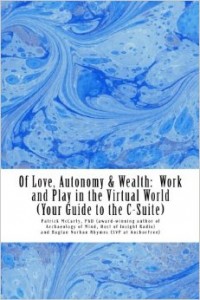 Of Love, Autonomy & Wealth:: Work and Play in the Virtual World (Your Guide to the C-Suite)
Of Love, Autonomy & Wealth:: Work and Play in the Virtual World (Your Guide to the C-Suite)
Aldous Huxley once said, “In an age of advanced technology, inefficiency is the sin against the Holy Ghost.†There are abiding assumptions against which we can hardly be too vigilant. One is the assumption that Eric Schmidt, Google executive chairman, makes when he says, “Technology is not really about hardware and software any more. It’s really about the mining and use of this enormous data to make the world a better place.†This is the today easy assumption that the availability of “data†will work to achieve the transparency that opens societies up for the exercise of freedom that is democracy. It is one thing to ask whether this causal string of events (“dataâ€Ã transparency à public discourse à democratic institutions) is actually borne out historically. It is something else altogether to see that the terms involved are so duplicitous, taken separately or in relation to each other, that they constitute more of a problem for thought than a solution. And it is something else again to believe so wholeheartedly in the trinity of data, transparency, freedom that one speaks as a prophet, so certain of the inner mechanism of history, past and future, that to say otherwise is indeed a sin. Mark Zuckerberg, who parses Facebook’s mission as to “make the world more open and connected,†recently claimed, “We don’t wake up in the morning with the primary goal of making money….There are a lot of really big issues for the world to get solved and, as a company, what we are trying to do is to build an infrastructure on top of which to solve some of these problems.†Data mining and saving the world, the Internet as budding Valhalla, the tools that save humankind from itself—these are all elements in a utopian vision or regulative ideal that, I would argue, are harmful in their present form. I would argue that “data†is only as good as the interpretive mind that reads it, that can read it by seeing its significance in more than one context. I would argue that the Internet as a model for community—indeed, an ideal community without borders—is deeply flawed, that without borders there is no community at all. I would argue that the optimism borne of the belief that our tools or technological progress will save humankind is part of what most centrally ails humankind, and I say this not only because it is hard to imagine the window between the invention of the ballistic missile and the anti-ballistic missile closing. That is, for as long as this window obtains, so does the opportunity for disaster, the possibility that over time becomes a near certainty.



